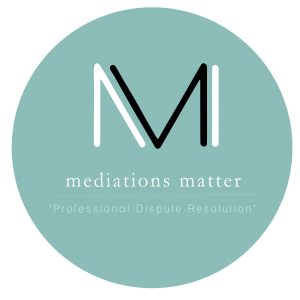
Rule 41 was passed by the High Court to encourage mediation and not the immediate course of litigation, which adds adds pressure onto an already strained court system. Mediation is a round table discussion that can take place with or without an Attorney present for both parties in order to resolve a dispute.
It is said to be more affordable and work a lot faster. Mediation is the best option for preserving the relationship between all parties, this is particularly favourable when it comes to Family Law matters. So explains Rushka Lee Pedro, an Alternative Dispute Resolution (ADR) practitioner who founded a Family Law Mediation Practice.
In short, your legal representative must suggest you try mediation to settle your dispute before going to court. You do have the right to refuse mediation, and this must be formally documented before you can proceed with lodging your issue with the court. A subsection of Rule 41 states that before a summons can be issued, a notice of agreeing or opposing mediation needs to be filed.
While this sounds like a reasonable course of action for all parties involved, she reveals that “Rule 41 has been in effect for one year now and it seems as though it’s still not being adhered to.” All legal practitioners have a deadline of September 1st 2021 to comply with Rule 41, failure to do so will result in the court declining to hear the matter.
Consequences
While attorneys and lawyers may be tempted to withhold this information from their clients, either to retain their business or to increase their fee, there are consequences for legal professionals who fail to make this clear to their clients. “In Case Law Brownlee vs Brownlee, both representative attorneys were penalised and their fees were capped as a result of not informing their clients that mediation could resolve their matter sooner and at a lower cost,” Pedro says.
So make sure you know your options before you commit to a court appearance.

